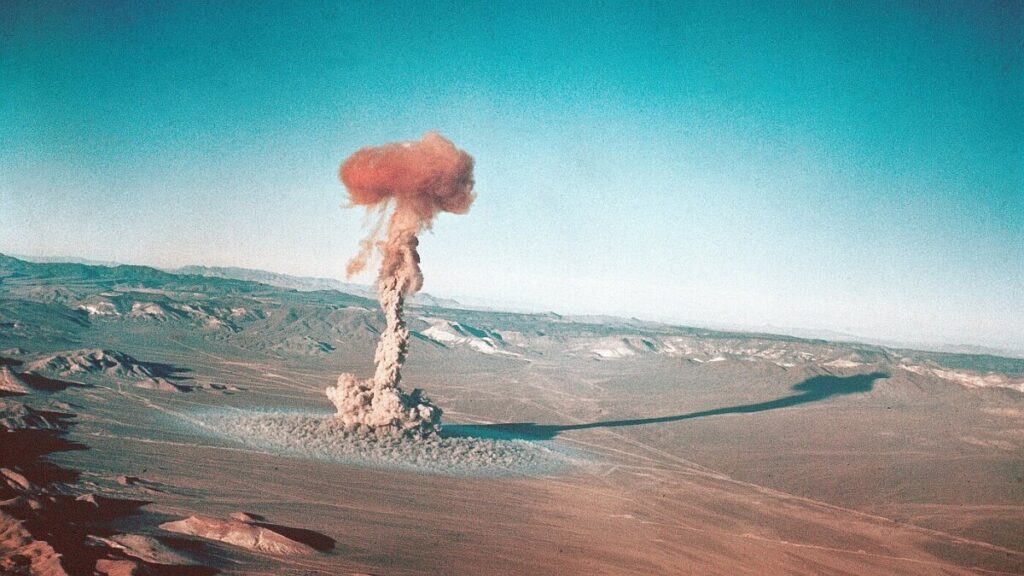Trump says he wants to resume nuclear testing. Here’s what that would mean
In a landscape marked by geopolitical tension and evolving security dynamics, the United States has maintained a nuclear testing moratorium for over three decades. This hiatus, established in the early 1990s following the Cold War, reflects a broader commitment to non-proliferation and disarmament, as outlined in international treaties like the Comprehensive Nuclear-Test-Ban Treaty (CTBT), which the U.S. signed but has not ratified. Despite these efforts, the debate surrounding the potential resumption of nuclear testing has gained traction, particularly among some policymakers and military strategists who argue that it could bolster national security and provide critical data for modernizing the U.S. nuclear arsenal.
However, experts caution that conducting a nuclear test now could paradoxically undermine America’s safety. The rationale behind this perspective is multifaceted. Firstly, reinitiating nuclear tests could provoke an arms race among nuclear-armed states, particularly Russia and China, who may feel compelled to enhance their own arsenals in response. Such escalation could destabilize global security and diminish the effectiveness of existing non-proliferation frameworks. Furthermore, the act of testing could alienate U.S. allies who rely on American leadership in global disarmament efforts and could lead to increased tensions with nations like North Korea, which has conducted several tests in defiance of international norms.
Moreover, the technical landscape of nuclear weapons has evolved significantly, with advancements in simulation and computational modeling allowing for effective maintenance and modernization of nuclear stockpiles without the need for physical tests. The National Nuclear Security Administration (NNSA) has emphasized that the U.S. can ensure the reliability and safety of its nuclear arsenal through these advanced methods, thereby diminishing the necessity for live testing. In light of these considerations, many experts advocate for continued investment in non-proliferation diplomacy and arms control initiatives, suggesting that a return to testing could jeopardize hard-won diplomatic gains and ultimately lead to a more dangerous world. As the U.S. navigates its nuclear policy in this complex environment, the implications of its decisions will resonate far beyond its borders, shaping the future of global security for generations to come.
Related articles:
– Link 1
– Link 2
The U.S. has not conducted a nuclear test in over 30 years. Experts say doing one now could make America less safe.
(Image credit: AP)
Eric
Eric is a seasoned journalist covering US Politics news.



